You landed at the airport, exited the gate and saw a woman holding a placard “TKI berkumpul di sini” (female migrant workers meeting point). You assumed you’d stop and wait there.
I followed the English signs because I could speak English. Thankfully, almost all signs are bilingual. I had to get the metro card and train ticket to the city centre. I had to follow a Line chat from my landlord with my 30kg suitcase, down an alleyway and into an old building. I had to carry that heavy suitcase up 4 flights of stairs. That was only the beginning.
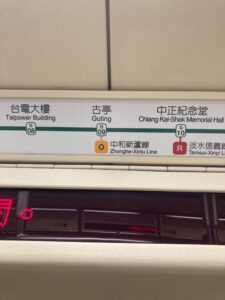
Everything felt foreign. The smell of the streets, the written language, the quiet, the humidity. I realised that I was all alone in this foreign country and I didn’t know what to expect except for the job I came here for. Despite having the privileges of knowing English, being familiar with living in a foreign country, having the financial means to navigate the new prices, and getting a job in a workplace that cares about human rights – I still feel lost and anxious five days in. I wonder how other Southeast Asians cope with moving here if they had never ventured abroad. How do they cope with all of this newness, and most all, linguistic and cultural barriers?
And many workers live with their employers. They immediately have to start working, that is, caring for their elderly employers. Do they feel as much emotional turmoil as I do right now? The realisation that you’ve uprooted yourself to another country, leaving behind your support system, in search of a better life? Do they also think a lot about the family and friends they’ve left behind and cry on the phone to their loved ones? Do women who left because they wanted a fresh new start from their relationship/marriage grieve and mourn as they start their new job? How do we develop thicker skin?
And I guess, many don’t know what they are doing either. Here I am looking at One-Forty’s Chinese books and trying to make sense of the lessons. Here I am looking at the dementia care booklet and trying to recognise the symptoms. If I work as a caretaker, would I recognise dementia in my patient, not understanding what they say at first? I joined a workshop on Friday, and it was all in Chinese. That was challenging. At least I could check out and work on something on my laptop. But if I had to work with patients…
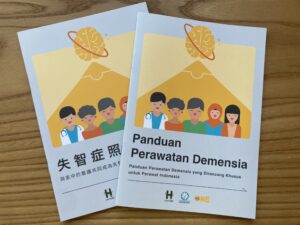
Parallel Experiences
I’ve thought a lot about the experience of a migrant worker vs an international student.
Both venture abroad; both are expected by the Indonesian government to return.
The former sends remittances; the latter nurtures cultural and diplomatic influence.
Both are expected to return to contribute to Indonesia’s development: at the local level for the former and the national level for the latter.
Of course, there is a socioeconomic layer that differentiates the two experiences. But I spoke to one Indonesian researcher based in Europe who used a lot of comparisons to describe migrants’ experiences and students’ experiences. “It’s just like us, we don’t really know what to do when return to Indonesia.” Diaspora and migrant workers alike leave the country because something’s missing in the system back home. Whether it is the lack of infrastructure for good living (money is centred around Jakarta, and Jakarta is not so livable) or stable livelihoods (this will take longer to explain inside brackets).
So…when the government hopes that its people will leave and return, contributing to national development, the contribution must be systematic. It must change the system in the local ecosystem somehow so that returnees can create space for themselves – livelihoods to rely on. It’s a hard task for an individual. Successful individuals are well-networked and global-minded. Because, ultimately when returnees re-enter the existing labour market, their experiences pale in comparison to their experiences abroad (i.e. in terms of salary in particular).
And these system-changing livelihoods are something I’m working towards. Not creating them, more like, accumulating. Because there are numerous returnees (labourers of all classes) who have made it work. If we can create a list of livelihoods, pathways to achieving them, and most importantly, the location and local resources of these livelihoods – and make this information publicly available and accessible – then we would have better ideas on what to do. First step, at least.
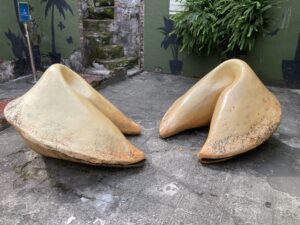
Discover more from Elhana S.
Subscribe to get the latest posts sent to your email.
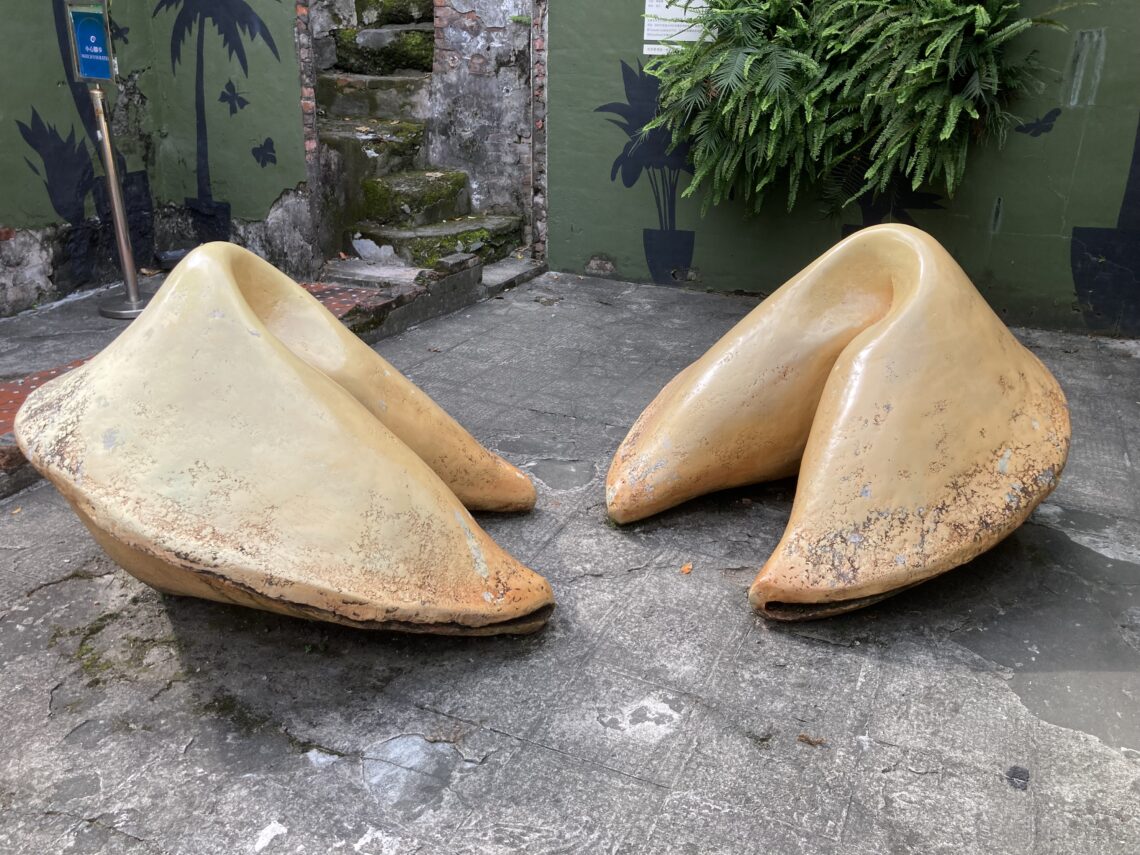


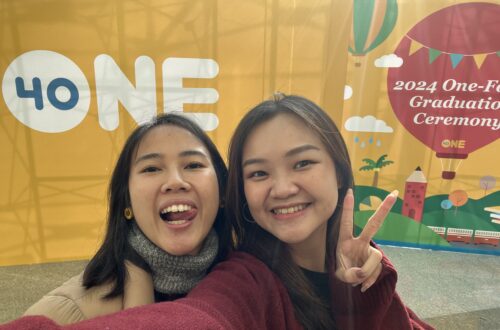
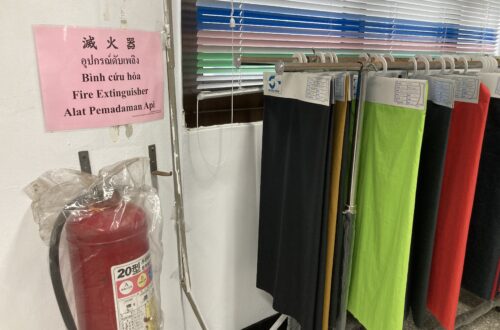

The playtimeregister process was surprisingly quick. No unnecessary info needed! Ready to start the fun! Register here: playtimeregister